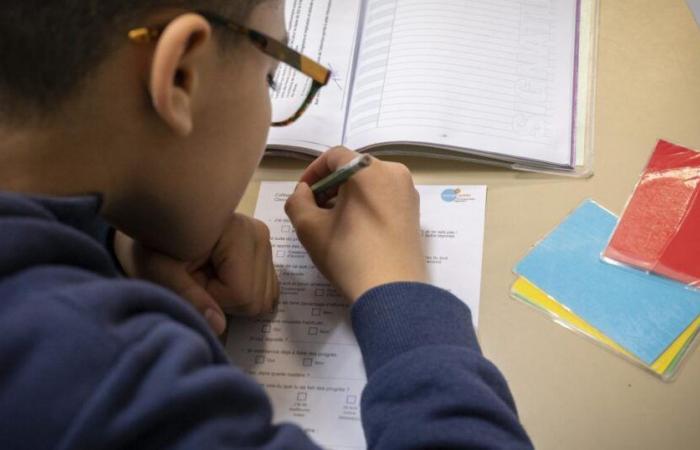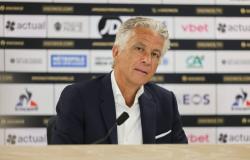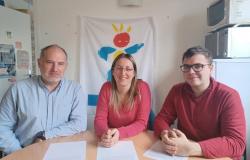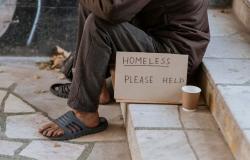For its 2024-2025 interventions in schools, Énergie Jeunes is still pursuing the same objective: to make its interventions even more relevant, more effective, more “impactful” for students. Psychosocial skills (CPS) correspond to a set of cognitive, emotional and social skills that improve relationships with oneself and others. Énergie Jeunes therefore relies, for several reasons, on these CPS during its interventions:
- Because the acquisition of these skills is key to improving student success by promoting “growth mindset”.
- Because “it is the social origin which, in our country, weighs the most on the trajectories of students” (1) and that the use of CPS makes it possible to reduce educational inequalities.
- Because the Ministry of National Education is convinced of the importance of CPS and is deploying a teacher training plan. (2)
What are the CPS developed in the Youth Energy programs?
Each Youth Energy session aims to develop specific skills.
The objectives of the Youth Energy programs
From sixth to third grade, the primary objective is to make students as active as possible, to give them a voice, to encourage group activities allowing them to implement cooperation strategies.
To improve its programs, Énergie Jeunes took into account the main expectations of volunteers visiting classes: to make students even more active, particularly through activities where they are standing; create more collaborative activities in episode 3; propose a different version of the challenge in fourth grade.
The recommendations of the scientific committee have been incorporated: improve the presentation of the “growth mindset” without focusing on the notion of effort and without reinforcing the idea of meritocracy; further strengthen intrinsic motivations.
Finally, the recommendations of the teachers' committee have also been integrated: make the link between the episodes and the common base in the booklet intended for teachers; further explain the CPS.
Through its work carried out for 15 years, in a context where inequality of opportunity is glaring, or social cohesion is strongly threatened, Énergie Jeunes remains focused on the future and wishes to become ever more committed to the academic success of all. all.
Céline Darnon: promoting a cooperative culture
Member of the Énergie Jeunes scientific committee, Céline Darnon is a professor at the Social and Cognitive Psychology Laboratory at the University of Clermont-Auvergne. His research focuses in particular on the study of factors that reinforce or attenuate educational inequalities. It promotes a “cooperative culture”: ensuring that students understand that they come to school not to compare their “performance” to that of other students but to learn and progress with them.
In her research, she studies the impact of economic inequalities on the functioning of the education system, the values promoted there (cooperative or competitive) and the “beliefs” disseminated (for example, highlighting “meritocracy”). It examines the role of this system on students' motivations, as well as their choices for practices that support or hinder equality between groups. Overall, his research suggests that the dual function fulfilled by the education system (education and selection) can promote the promotion of values and practices that contribute to legitimize and perpetuate inequalities of socioeconomic status and gender. (3)






